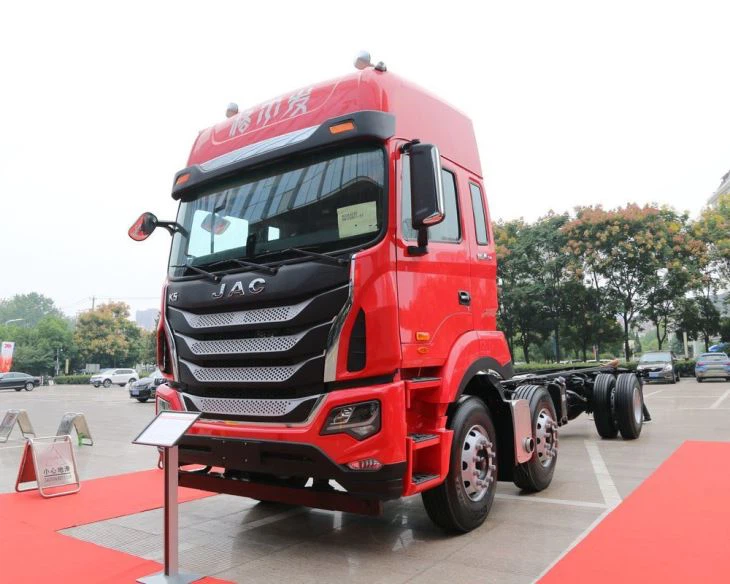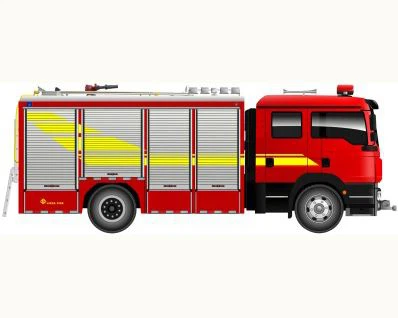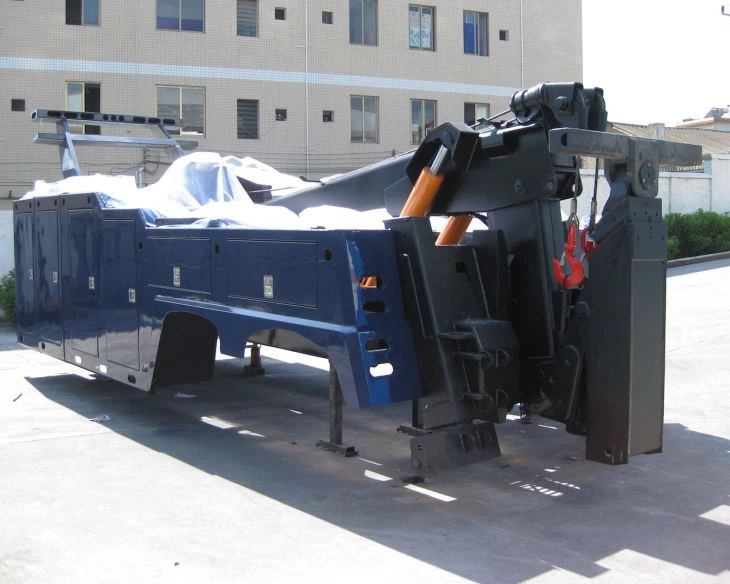Peterbilt Garbage Truck: A Comprehensive Guide

Introduction to Peterbilt Garbage Trucks
Peterbilt garbage trucks have become a staple in the waste management industry due to their durability, efficiency, and advanced technology. Known for their strong build and innovative features, these vehicles are designed to handle the rigors of everyday waste collection while providing drivers with comfort and safety. In this article, we will explore every aspect of Peterbilt garbage trucks, from their specifications to their operational benefits and tips for maintenance.
1. Overview of Peterbilt Trucks
Peterbilt Motors Company has been a prominent name in the trucking industry since its inception in 1939. Known for manufacturing high-quality trucks, Peterbilt has a wide range of models suitable for various applications. Garbage trucks are one of their specialized vehicles, combining robust engineering with state-of-the-art technology.
1.1 History of Peterbilt

Founded by T.A. Peterman in California, Peterbilt started as a manufacturer of logging trucks. It has since evolved into a leading manufacturer of a diverse range of heavy-duty trucks, including garbage collectors, paving the way for innovative technology and design in the industry.
1.2 Peterbilt Models for Garbage Collection
Peterbilt offers several models that are popular for garbage collection, including:
- Peterbilt 320
- Peterbilt 337
- Peterbilt 579
2. Key Features of Peterbilt Garbage Trucks
The engineering behind Peterbilt garbage trucks incorporates several features that enhance their functionality and efficiency in collecting waste.
2.1 Chassis Design
The chassis of a Peterbilt garbage truck is engineered for durability. With a heavy-duty frame, these trucks can withstand the weight of waste and operate in demanding environments without compromising performance.
2.2 Engine Options
Peterbilt garbage trucks offer various engine options, including:
- ISL9 (Cummins)
- X12 (PACCAR)
- DD13 (Detroit Diesel)
These engines provide the power necessary for efficient operation while maintaining fuel efficiency.

2.3 Advanced Technology
Many Peterbilt garbage trucks are equipped with advanced technology for better performance and safety, such as:
- Telematics for real-time tracking and diagnostics
- Automated safety features such as lane departure warnings
3. The Benefits of Using Peterbilt Garbage Trucks
Investing in Peterbilt garbage trucks offers numerous benefits, making them a preferred choice for municipal and private waste management companies.
3.1 Increased Efficiency
With powerful engines and robust designs, Peterbilt garbage trucks can complete routes faster, increasing overall efficiency in waste collection.
3.2 Comfort for Drivers
The ergonomically designed cabins provide a comfortable environment for drivers, reducing fatigue during long shifts. Features such as air suspension seats and easy-to-use controls enhance the driving experience.
3.3 Strong Resale Value
Peterbilt trucks are known for their durability and longevity. This translates into a strong resale value, making them a smart investment for waste management companies.
4. Maintenance Tips for Peterbilt Garbage Trucks
Proper maintenance is crucial for maximizing the lifespan of a Peterbilt garbage truck. Here are some practical maintenance tips:
4.1 Regular Inspections
Perform regular checks on critical components such as brakes, tires, and lights to ensure optimal functioning.
4.2 Oil Changes
Follow the manufacturer’s recommended schedule for oil changes to maintain engine health and performance.
4.3 Monitor Fluid Levels
Regularly check fluid levels including coolant, transmission fluid, and brake fluid to prevent any mechanical issues.
5. Choosing the Right Garbage Truck
Selecting the right garbage truck is essential for waste management operations. Here are some considerations:
5.1 Assessing Your Needs
Analyze the volume of waste to be collected and the route specifics to determine the size and capacity required.
5.2 Budget Considerations
Evaluate the upfront costs versus long-term savings from fuel efficiency and maintenance when choosing a Peterbilt model.
5.3 Environmental Impact
Consider choosing models that meet environmental standards and provide fuel-efficient solutions to reduce emissions.
6. Case Studies: Successful Use of Peterbilt Garbage Trucks
Several municipalities and companies have benefitted from utilizing Peterbilt garbage trucks. Here are two examples:
6.1 City of Austin, Texas
The City of Austin employs a fleet of Peterbilt 320 trucks for its curbside trash and recycling programs. Their advanced telemetry system allows the city to optimize routes and monitor truck health efficiently.
6.2 Waste Management Inc.
Waste Management Inc. has integrated Peterbilt 579 models in their fleet, reaping benefits in fuel efficiency and reduced emissions while maintaining their commitment to sustainability.
7. Regulatory Compliance for Garbage Trucks
Waste management operations must comply with various regulations. Peterbilt garbage trucks are designed to meet federal and local guidelines.

7.1 Environmental Regulations
Many Peterbilt models are equipped with engines that meet stringent emissions standards, ensuring compliance with environmental regulations.
7.2 Safety Regulations
Feature-rich safety systems assist drivers in adhering to safety regulations, reducing the risk of accidents and injuries during operations.
8. Frequently Asked Questions (FAQs)
8.1 What is the average cost of a Peterbilt garbage truck?
The average cost can range from $200,000 to $350,000 depending on the model and customization options.
8.2 How long do Peterbilt garbage trucks typically last?
With proper maintenance, Peterbilt garbage trucks can last over 15 years, making them a reliable investment.
8.3 Are there financing options for purchasing a Peterbilt garbage truck?
Yes, many dealerships offer financing solutions tailored to businesses seeking to purchase Peterbilt trucks.
8.4 How efficient are Peterbilt garbage trucks in fuel consumption?
Peterbilt garbage trucks are designed for high efficiency, averaging about 6-10 miles per gallon, depending on driving conditions and load.
8.5 Can Peterbilt garbage trucks be customized?
Yes, Peterbilt offers various customization options based on specific operational needs, including different body types and engine sizes.
8.6 What maintenance practices are recommended for maximizing lifespan?
Regular mechanical inspections, timely oil changes, and monitoring fluid levels are crucial to maintaining the vehicle’s performance and longevity.
